Folsom Lake College (FLC) is a California public community college in the Los Rios Community College District, serving over 10,000 students at three campuses in Folsom, Placerville, and Rancho Cordova. The campus is distinguished by beautiful modern facilities, anchored by the Harris Center for the Arts, a visual and performing arts center that offers community space and performances by renowned artists.
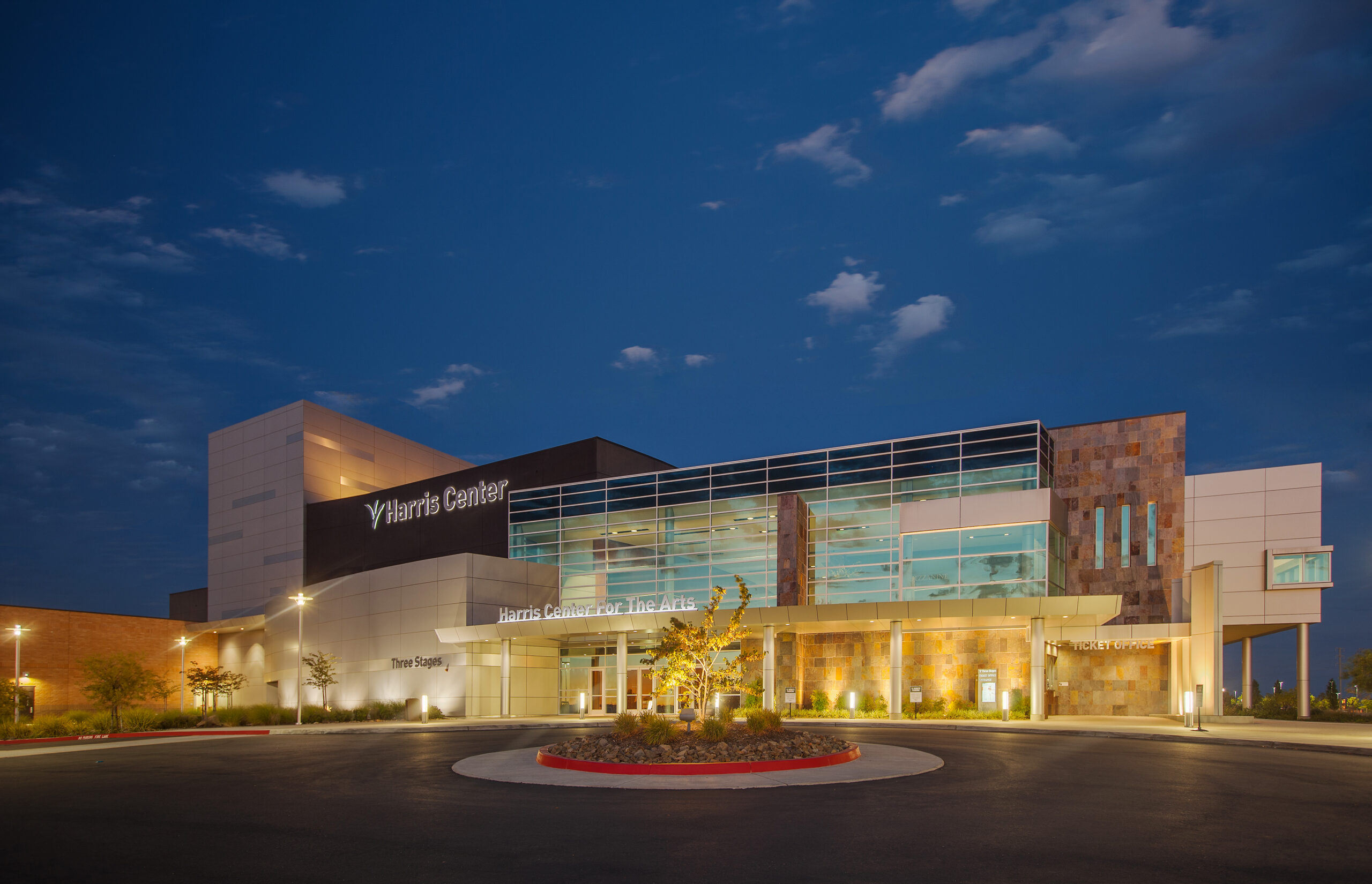
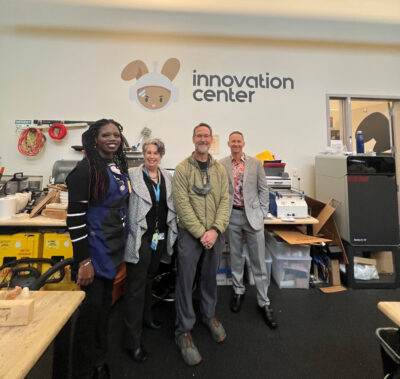
In early November, I had the pleasure of visiting the college and toured the campus. Beyond its academic strength and physical beauty, the College’s Innovation Center is an amazing discipline-agnostic hub for instructional innovation, and a general education makerspace. The Center partners with students, faculty, community organizations, regional employers, and PreK-12 educators to help catalyze the regional maker ecosystem; and provides training, resources, and energy to support innovative approaches to teaching and learning. I was impressed to learn about the center’s multifaceted purpose as a learning and makerspace, community hub, student resource, and connection to the workforce, as well as the way it is influencing curriculum development.
President Powell pictured with Zack Dowell, Instructional Design and Development Coordinator; Dr. Monica Pactol, Vice President, Instruction; and an Innovation Center Student.
Through the Innovation Center’s Making Across the Curriculum efforts, faculty from a variety of disciplines have integrated the ethos, tools, and techniques of making into their practice, leading to the development of unique curriculum, class activities, and interdisciplinary projects. These include unique discipline-lensed making courses in Sociology and Early Childhood Education, and digital fabrication courses under the MAKR designator. The 3-unit “Making for Educators” course is part of a STEM specialization certificate in early childhood education, and prepares preservice and inservice teachers to employ the tools, techniques, and mindset of making in their work with young children. Students in “Making Social Change (SOC 379)” explore the ways that social movements use tools to enact change.

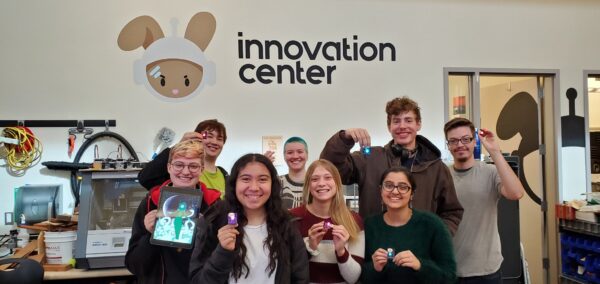

The Innovation Center fosters the development of “platforms,” or broad areas of inquiry that provide opportunities for students, faculty, and community members from a variety of disciplines and perspectives to engage in hands-on, maker-centered learning. Two recent initiatives include Fermentation Science and The Quantified College. Through the FermSci program, faculty and students from Chemistry, Biology, Geosciences, and Viticulture participate in related projects. These include flying drones to analyze crop health, making beer in the newly-established 15-gallon microbrewery, exploring fermented dye processes using a blend of traditional Japanese katazome resist processes and digital fabrication techniques, and developing biomaterials based on mycelium and kombucha.
The Quantified College, the Center’s most recent platform concept, is an effort to gather and monitor data of all kinds – weather, air quality, ocean data, infrasound, the macro- and microbiome of the college – and to provide opportunities for students to explore those data through physicalization and sonification. This platform concept has led to several projects, including the development of a freshwater shrimp tank monitored by an open source aquarium control system, partnerships with transfer institutions to deploy data buoys off the coast, and the development of an “Earth Dayta” event in partnership with local arts and environmental preservation organizations. During the “Earth Dayta” event, which was hosted at an important local historical site, participants connected a modular synthesizer to a beautiful historic tree, and created a “treeprovisation” with live acoustic musicians playing along with the tree.
In support of the Innovation Center, the college has developed myriad partnerships that include local employers, K-12 schools and higher education institutions, and community, state, and national organizations, to grow its programs. The Center is truly a space for ideas, innovation, and community connection. Below are examples of those partners.
Innovation Center Partnerships
With Local Employers
Inductive Automation, a local Industrial Internet of Things (IIOT) company, has been a stalwart partner, providing both donations and access to their engineers to support the Center’s development of IOT solutions.
FLC recently partnered with Ansync Labs, sharing resources, creating a pipeline for internships, and crafting a joint-use agreement for some of their new technology, which Ansync has used to create rapid prototypes for their clients.
With K-12 Schools and Organizations
As a Making Spaces Regional Hub (through the Making Spaces program, a joint effort of MakerEd and The Children’s Museum of Pittsburgh), the Innovation Center developed ongoing partnerships with Georgetown School of Innovation and Northside STEAM School (in El Dorado County); McCaffrey Middle School (in Galt); Mills Middle School and Cordova High School (in FCUSD); and Waking the Village. In the Center’s role as a Hub, it has helped these organizations and educators advance their maker-centered learning efforts. Its partnership with Cordova High is particularly active; the Innovation Center has an articulation agreement that provides high school seniors with college credit and a pathway to Folsom Lake College.
With State and National Organizations
The Innovation Center has partnerships with Lemelson-MIT (they competed with Cordova High on an LMIT InvenTeams project), MakerUSA (a national maker-centered learning org), and was recently awarded a place in i3 (Invention and Inclusive Innovation), a project of the CCCCO, LMIT, and NACCE (National Association of Community College Entrepreneurship). For the last three years, the Center has been selected by Citizen Schools to host Maker Fellows as part of the federal AmeriCorps program.
With Community Organizations
The Innovation Center has worked with Folsom Public Library, and staff are in conversations with the California Railroad Museum, and with the Parks and Recreation Department of the City of Folsom. They recently signed a memorandum of understanding with the American River Conservancy to establish Wakamatu Farm as a field site for Geosciences and other disciplines.
With Transfer Institutions
The Center is in conversations to deploy ocean buoys in partnership with the UC Davis Bodega Marine Laboratory and is supporting Sacramento State as they establish their own makerspace.
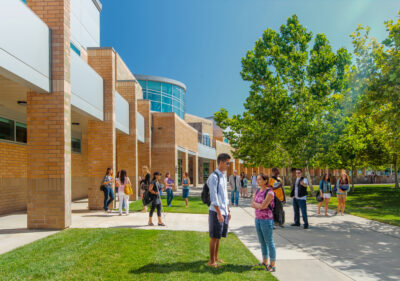
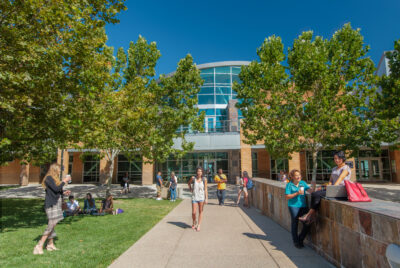
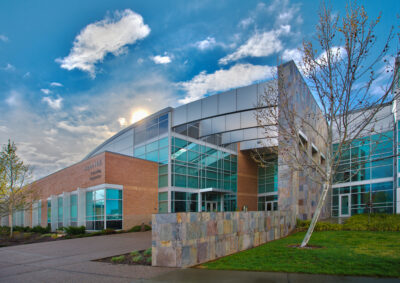
To learn more about Folsom Lake College, visit their website at https://flc.losrios.edu/.





